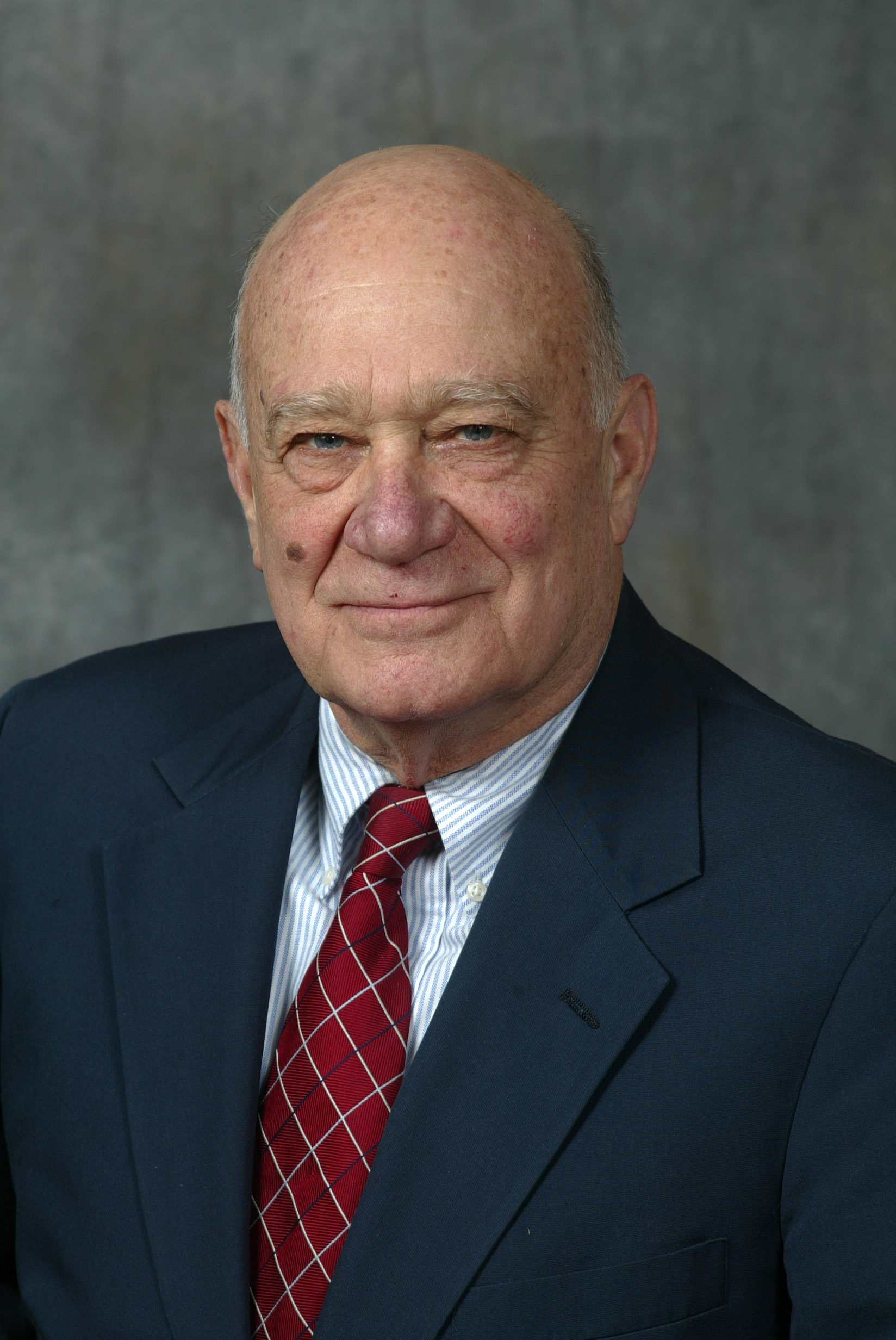In the 1960s, Alabama Gov. George Wallace proclaimed: “Segregation today, segregation tomorrow; segregation forever.”
Views like that from Southern hatemongers prompted Chuck Thompson’s book, “Better Off Without Em: A Northern Manifesto for Southern Secession.”
Yet, Northerners should not be smug. We are all products of our socialization; racism and prejudice do not have geographical boundaries.
Charlottesville, the statues/monuments controversies, and NFL players “taking a knee” during the anthem, have made this a time of “for a major racial reckoning,” states Yale scholar David Blight.
How, then, do we Long Islanders – situated among the most highly educated and affluent people in the world – address not only the history of hate in our region, but, also, continuing manifestations of it.
One hopes that the sense of decency in people makes them receptive to “teachable moments.”
Indeed, a hallmark of Dr. King’s approach to reform was his belief that there was goodness in every person that could be tapped for peace, justice and a “beloved community.”
I especially refer to Dr. King for this topic because the 2017 Nobel Peace Prize announcements are made when this column is printed (Oct. 6).
Dr. King continues to be relevant for Long Islanders, or any people in our nation, as they prepare to address our time “of major racial reckoning.”
At Hofstra University, where I teach, we have the marvelous Wachtel Archives (donated by Lucy Wachtel to honor her late husband Harry (of Great Neck and Roslyn Hts.).
He was one of two white folks who served on Dr. King’s board of the Southern Christian Leadership Conference.
Hofstra’s Wachtel Archives provide a powerful lesson for all of us from Dr. King’s Nobel Prize in 1964. Harry was in charge of arranging the trip, and his documents show that Dr. King insisted on taking a side trip to Stockholm to visit the great scholar Gunnar Myrdal.
King had long been impressed by Myrdal’s significant 1943 study, “An American Dilemma.”
Dr. King always highlighted Myrdal’s view that everyone had a right to expect more of Americans because of the nation’s noble history of explicit and written commitments to democracy and human rights – more than any nation in the history of the world.
The goal was to stir Americans to hold a mirror to their own society so they could focus on the gaps between their principles and their practices, between their words and their actions.
In brief, to live up to the great promises of American democracy.
So, why do people fall short of our standards? In part, the explanation is that people everywhere are fallible, often prisoners of the present because of limited or distorted experiences, and lack of historical perspectives.
Close to home on Long Island, the KKK had huge revivals during the 1920s, especially in Suffolk, but also in Mineola and Freeport. Yaphank was a center for overt Nazi support during the late 1930s.
We are not done with such assaults on American values. Yaphank groups recently have been challenged by New York’s State Attorney General. A year ago, the KKK “Exalted Cyclops” claimed LI as a key center.
He exclaimed: “We’re the only organization right now standing up for Whites, upholding the second amendment of the Constitution . . . . We’re trying to restore America to what it used to be.”
I could detail goose stepping, Nazi flag-carrying,“Heil Hitler”- saluting white racists and Klansmen (KKK were often anti-Semitic, and anti-Catholic, as well as anti “Negro.”)
But taking a line from Melville’s Bartleby: “I prefer not to.”
Once should be enough for any of us to see Bund/KKK photos, or visit the Holocaust museums.
A vivid viewing of those past horrors should stay with people of conscience forever, and it should impel them to address the hate mongers and killers. [See below for a few sites where you can examine some of these abuses.]
Dr. King who visited Long Island often, especially Great Neck and Roslyn, set up an Institute for Nonviolent Training (something I was invited to experience). For Dr. King, nonviolence was not merely a political strategy; it was a way of life.
Harry Wachtel brought Dr. King to Hofstra to deliver the 1965 graduation address. On October 5, 2017, we launched a new Institute for Peace Studies. Martin Luther King, Jr’s leadership guides our path forward.
Unfortunately – at home and abroad – the need for inclusion, equality, peace and justice continue as huge challenges.
San Antonio Spurs coach, Greg Popovich, said that “people need to be made to feel uncomfortable” so they are stirred to become active and caring citizens.
According to Ta-Nehisi Coates, many parts of our nation, North, as well as South, are still mired in “trenchant bigotry.”
“What’s Next?” Hofstra’s Peace Fellows, working with faculty and community folks offer much encouragement. On October 13, these Hofstra’s students will be honored, along with Harry Belafonte, by Peace Action New York as the 2017 outstanding campus group.
[These links illustrate bund actions and photos: http://untappedcities.com/2015/04/02/this-former-nazi-town-on-long-island-with-adolf-hitler-street-still-exists/
https://www.theatlantic.com/photo/2017/06/american-nazis-in-the-1930sthe-german-american-bund/529185/ – for more: Google “bund on long island”]



